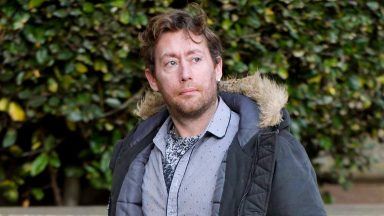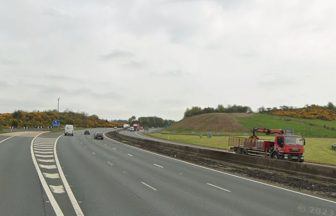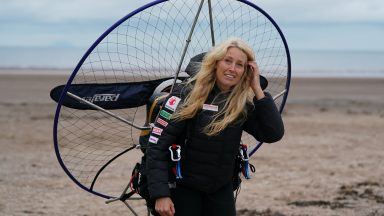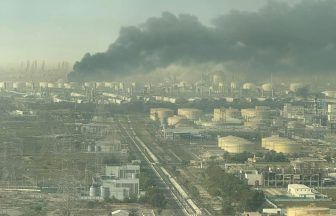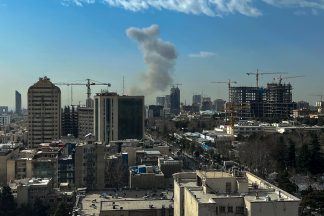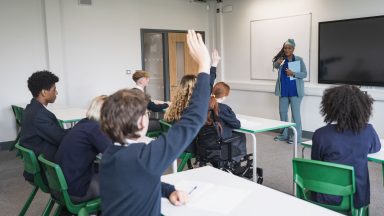A father who suffered a stroke in his 40s is backing a campaign to raise awareness that a stroke can happen at any age.
The national campaign to watch out for the signs of someone having a stroke has launched in tandem with World Stroke Day.
Chest Heart & Stroke Scotland (CHSS) said thousands of people each year are left with lifelong disabilities or die due to strokes.
In response, CHSS has launched its Fast (Face, Arms, Speech, Time) campaign, which aims to highlight the warnings signs that someone is experiencing a stroke.
Andy Wilson, 52, was a sergeant with Police Scotland when he suffered a stroke after running the Tiree half-marathon in 2019.
Six years on, he has been medically retired from the police force after 24 years’ service and, while no longer able to run, he has taken up cycling and swimming.
He said: “Until I had a stroke, it was something I always associated with older people.
“But I know now stroke can hit at any age. I did a lot of endurance events, and I was fit as a fiddle.”
He added: “The Fast campaign is so important because we need to improve awareness that stroke can hit anyone at any age.”
The campaign, in its second year, is grounded in newly released data from a YouGov survey where more than 2,000 people across Scotland were sampled.
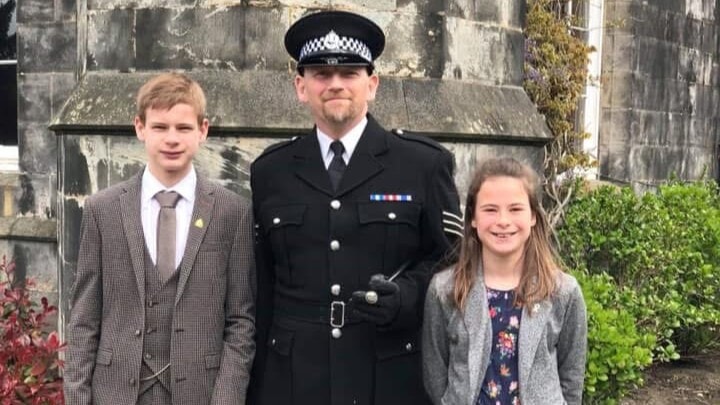 STV News
STV NewsThe poll said overall public awareness of Fast has increased, having risen from 68% to 74% when compared with last year.
However, it found those from ethnic minority backgrounds were less likely to be aware of Fast, with only 46% of respondents saying they had heard of it.
Some 55% of respondents aged 18-24 had heard of Fast, compared with 78% in older age groups.
Among those polled who are aware of the Fast message, 95% said they would call 999 immediately if they suspected a stroke, compared to 88% of those who were unaware.
The average confidence rating jumped from 2.4 to 3.3 out of 5 among those who had knowledge of the FAST acronym.
CHSS said strokes are becoming increasingly common in younger adults due to lifestyle factors, as well as underlying health conditions.
Those with no knowledge of Fast are less likely to know the symptoms of a stroke, and are less likely to contact the emergency services.
Warning sings include a drooping face, weakness in the arms, and slurred or distorted speech.
Jane-Claire Judson, chief executive at CHSS, said: “For someone having a stroke, every second counts. The sooner they receive emergency care, the more likely they are to survive and avoid serious long-term disability.
“That’s why Fast is more than just a memory aid, it’s a lifeline.
“Stroke doesn’t just affect older people, it can hit anyone, at any age. We want young people, especially those in marginalised communities, to know the signs and feel confident calling 999. Delaying could cost someone their future.”
CHSS has trained more than 1,500 frontline staff, from health workers to pharmacists, of which 90% retained their knowledge of the Fast system three months after their training.
In order to broaden the general public’s awareness, CHSS is now offering materials in Urdu, Ukrainian and Polish.
Ms Judson said: “There’s no time for second-guessing. A person loses 1.9 million brain cells every minute during a stroke.
“We need everyone, regardless of age, postcode, or background, to know that when it comes to stroke, acting FAST is the only option.”
Andy Wilson, 52, was a police sergeant for Police Scotland at the force’s training centre in Tulliallan, Fife, when he suffered a stroke.
He was taken to Queen Elizabeth Hospital in Glasgow for treatment.

Doctors treating him for the stroke discovered he had a hole in his heart that required surgery to repair.
He also had an aortic aneurysm of the heart that medics monitored.
He said: “I’d gone to Tiree with my son, Jake, who was 14 at the time, to run in the half-marathon. We were camping afterwards, and I woke in the night with a sore neck. I just thought it was muscle pain and went back to sleep.
“But, in the morning, I couldn’t move my legs. I struggled out of the tent with Jake’s help. Neither Jake nor I knew about Fast at the time, but we both knew something was seriously wrong.
“We rang 999, and the local doctor and nurse came quickly. The doctor asked me to speak and to lift my arm, then I heard her mention ‘stroke’ when she called for the air ambulance. That was the first time I realised this wasn’t a migraine, I was having a stroke.
“I know now how important it is to get stroke treatment quickly. I am passionate about improving stroke care and outcomes for everyone, and it starts with education on the symptoms of a stroke.
“Fast is a simple and effective test to do if you’re with someone you think is having a stroke.”
Six years on, he is close to completing a PhD in criminology, determined to continue making a positive contribution to the field where he spent most of his working life.
Follow STV News on WhatsApp
Scan the QR code on your mobile device for all the latest news from around the country


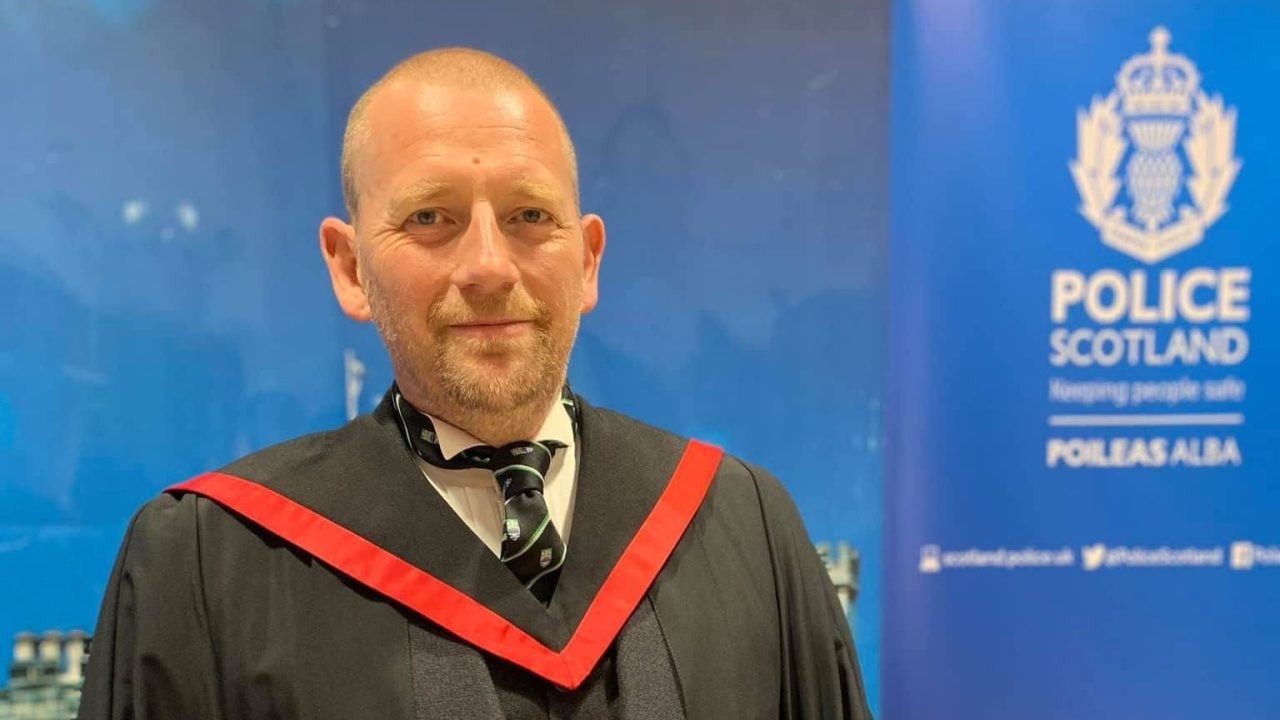 STV News
STV News



